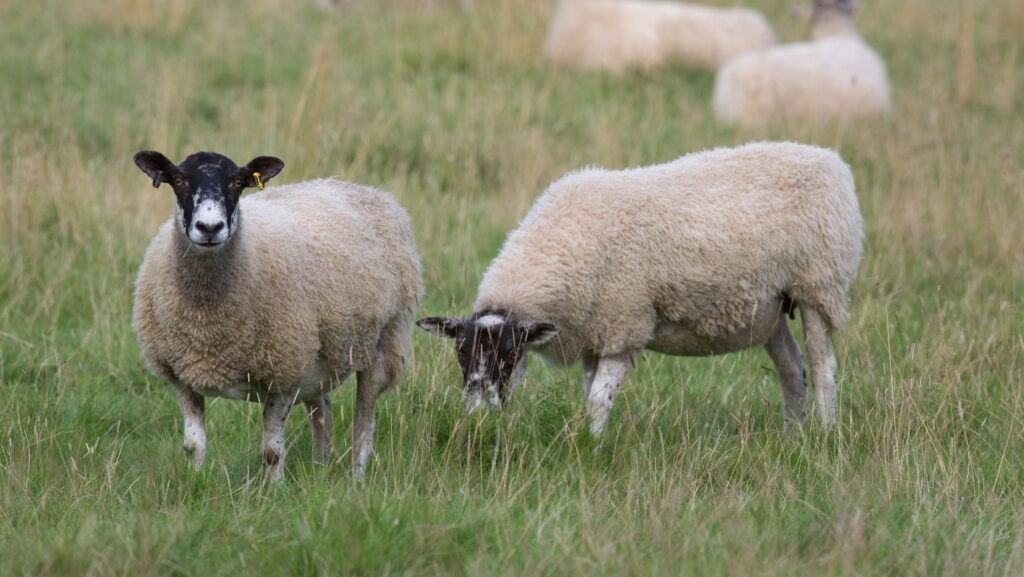UK livestock sector at high risk of bluetongue this year
 © Tim Scrivener
© Tim Scrivener Livestock farmers in the UK face a higher risk of bluetongue being blown across from mainland Europe as the warmer weather increases the chances of transmission.
Scientists are projecting that bluetongue will make an appearance in the UK in the coming months, with cases most likely in September.
Ruminant Health & Welfare, an independent industry-based body, says there remains a very high probability of a new introduction of bluetongue virus serotype 3 (BTV-3) into livestock in 2024, despite there being no live cases reported at present.
See also: Bluetongue survey issued after high risk warning
Norfolk, Suffolk, Essex, Kent, and Sussex have been named as the highest risk counties for a potential outbreak.
At the NSA Sheep Event in Malvern, Worcestershire on 30 July, UK chief veterinary officer Dr Christine Middlemiss said the virus development in midges happens above 12C and if there is a wind from the south east the UK is very exposed.
Dr Middlemiss said: “If we see it [bluetongue], which I think we will in a number of weeks’ time, we will go in hard and we will put in control zones to start with and see how it evolves.
“It may well get to a point where there is enough disease in the area that the impact of control zones are not controlling it anymore because we have got so many infected midges, or we may have low levels of disease, where keeping in controls actually will be quite effective.”
There were 126 infected animals across 73 different premises following the outbreak last autumn, predominantly in the east of England, which resulted in the UK losing its disease-free status.
Dr Middlemiss said there were very few infected animals at each of the affected premises, so the infected midge level last year was very low.
Vaccines
No vaccines for bluetongue have been approved for use in the UK, however work is ongoing.
There are three levels of authorisation for vaccines:
- Full market authorisation: Vaccines that have had full testing which can take several years
- Provisional market authorisation: Vaccines that have had some, but not full, testing but can be used in an urgent situation where there is reasonable confidence it is going to work
- Emergency use: When a secretary of state permits a vaccine that does not have full testing to be used because of the extent of a disease situation.
Dr Middlemiss said the UK is now at a stage with vaccine development where there is hope of achieving provisional market authorisation by early next year, ready to vaccinate in spring 2025.
Europe
The Netherlands recorded more than 6,000 infected premises in 2023 and lost about 5% of its overall sheep flock.
Three different vaccines have since been authorised in the country under emergency measures.
Approximately 95% of adult sheep in the Netherlands have now been treated, but the vaccines have not been completely effective and new cases have started to emerge.
As of 25 July, the Netherlands had confirmed 791 new cases, almost all of which were found in the past few weeks.
Germany has also had several hundred cases of the BTV-3 strain and has had access to emergency vaccines.
